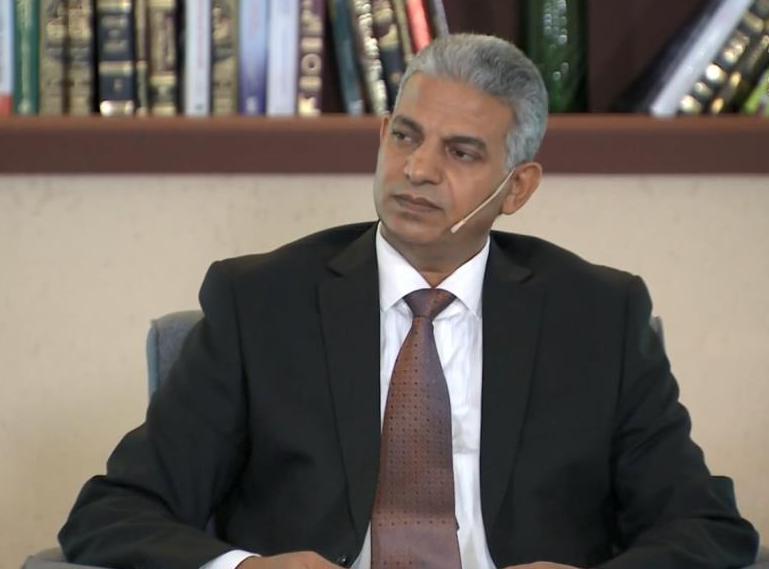ملخص البحث: الهدف من هذه الدراسة هو 1) التعرف على عقوبات الحدود الاسلامية، والمضامين التربوية بها، 2) تحديد ما اذا كان هناك فروق ذات دلالة احصائية عند مستوى(p≤0.05) بين طلبة الجامعة في الوعي بعقوبات الحدود الاسلامية والمضامين التربوية بها تعزى للتخصص والجنس، وتم اختيار عينة عشوائية بلغت 460 طالبا وطالبة من أربع كليات بجامعة الشارقة بدولة الامارات العربية المتحدة، وتم اعداد استبانة وزعت على عينة الدراسة وتضمنت ثلاثة محاور 1-الوعي بعقوبات الحدود الاسلامية، 2- المضامين التربوية في عقوبات الحدود الاسلامية، 3- سؤال مفتوح عما ترتب على عدم تطبيق عقوبات الحدود الاسلامية في المجتمعات المسلمة، وتشير نتائج الدراسة الى ان وعي الطلبة بعقوبات الحدود الاسلامية (39.3%)، بينما كانت نسبة موافقتهم على المضامين التربوية في عقوبات الحدود الاسلامية (74.6%). كما تبين أن هناك فروق ذات دلالة احصائيةعند مستوى (p≤0.05) في وعي الطلبة بعقوبات الحدود الاسلامية تعزى للتخصص ولا تعزى للجنس، وكذلك هناك فروق ذات دلالة احصائية عند مستوى(p≤0.05) في وعي الطلبة بالمضامين التربوية لعقوبات الحدود الاسلامية تعزى للتخصص ولا تعزى للجنس، وقدم الباحث مجموعة من التوصيات التي يمكن أن تفيد طلبة جامعة الشارقة.
Summary: The aims of this study are the following: (a) to identify "Islamic Huduud" (Islamic system of punishment) and its educational purports, and (b) to determine whether there are significant differences (p≤0.05), based on specialization and gender, between university students in their awareness of Islamic Huduud and the educational purports of this specific penal code. A sample of (460) students (male and female) were randomly selected from four colleges at the University of Sharjah in the United Arab Emirates. A Questionnaire was developed and distributed to the research participants which included three components: (1) Awareness of Islamic Huduud, (2) Educational purports of Islamic Huduud, (3) Effects of the non-application of Islamic Huduud in Muslim countries. The results indicate that 39.3% of the respondents displayed their awareness of Islamic Huduud. Meanwhile 74.6% of the participants have acknowledged the educational purports of Islamic Huduud. However, there were significant differences (p≤0.05) between students, based on specialization but not gender, in their awareness of Islamic Huduud. The study also found that there were significant differences (p≤0.05) between students in their opinions regarding the educational purports of Islamic Huduud based on specialization but not gender. The researcher provides some recommendations that may be useful for students in the University of Sharjah.

